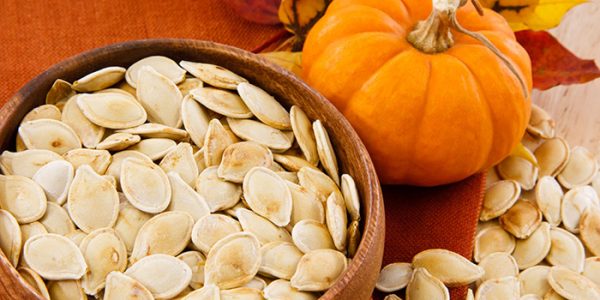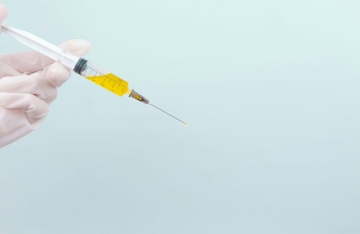Have you noticed your pet vomiting, problems with diarrhea, or his stool not looking just right? It could be a sign of worms. We’re getting into the season when bugs and worms are more prevalent. If it is worms, then how can pumpkins benefit your dog?
Benefits of Pumpkins and Seeds
- Pumpkins relieve digestive issues. Not only are pumpkins helpful with diarrhea, but constipation too. They are also very beneficial if your dog has IBS (Irritable Bowel Syndrome).
- They are loaded with healthy vitamins. Pumpkins contain quite a bit of fiber, but they are also low in calories, fat, and cholesterol. Being orange in color is a big hint they are high in beta-carotene. However, did you know they are also full of magnesium, iron, potassium, Vitamins A and C, and zinc?
- They are helpful in dogs needing to lose weight. Pumpkins are loaded with soluble fiber which slows down the digestive process. They also add bulk to your pet’s diet by helping to absorb liquids. Pumpkin also benefits their large intestines by lowering the pH levels. Your dog will feel like he’s full, even if he isn’t, without the high calories.
- The pumpkin’s fiber acts as a prebiotic, different than a probiotic. Prebiotics help to stimulate the growth of the beneficial bacteria and prevent the growth of harmful bacteria.
- Pumpkins and pumpkin seeds taste good. Dogs seem to love the taste of pumpkins. It would be a waste of time and money to try to feed them something that was so healthy for them if they wouldn’t eat it. That’s a big plus for them actually liking it!,
- There may be other uses, such as benefiting your pet’s skin. Usually their hair will be shinier and look healthier after eating pumpkins. Also, the amino acids and cucurbitin from pumpkin seeds may actually be a natural dewormer for intestinal parasites and tapeworms.
- Urinary health is supported by pumpkins. It is believed that the oil in the pumpkin flesh and seeds may help the urinary tract, while the other minerals may actually reduce your pet’s risk for cancer.
- Canned pumpkin is convenient. It’s much easier to open a can of pumpkin and feed a portion of it to your dog, than trying to puree it yourself.
- Pumpkin seeds are also good for your pet. They are rich in antioxidants and omega-3 fatty acids. Using pumpkin seeds for your pet have had promising results for aiding in insulin regulation and may help prevent kidney stones.
Which is better? Canned, Raw, or Cooked?
Canned pumpkin is fine, as long as it is sugarless and organic. Canned pumpkin may only last up to a about a week in your refrigerator, so be careful. Both raw and cooked pumpkin should be safe for your pet. Avoid giving your pet any kind of fresh pumpkin that may have been sitting too long. It is likely to have bacteria and mold. It’s also recommended not to give them very much pumpkin at first, and then incorporate more in their food slowly. It’s always a great idea to keep a can of pumpkin in your pantry, just in case.
What amount do I feed my Dog?
Smaller dogs will not need as much pumpkin to supplement their food as larger dogs. Try giving your smaller pet only a few teaspoons a day, whereas a larger dog may have a few tablespoons a day. You should check with your vet to make sure you’re giving your dog the right amount according to his weight.
Pumpkin Treats
As an added bonus, you may want to give your pet treats with pumpkins as one of the ingredients. You can usually find them in pet stores, or make your own treats. Pumpkin seeds can also be given as treats, either whole or ground up.
Eastside Animal Hospital is dedicated to improving the quality of life and health of your pets. We specialize in wellness and preventative care for both dogs and cats. Eastside Animal Hospital is located in Muskogee, Oklahoma and serves the surrounding communities.




